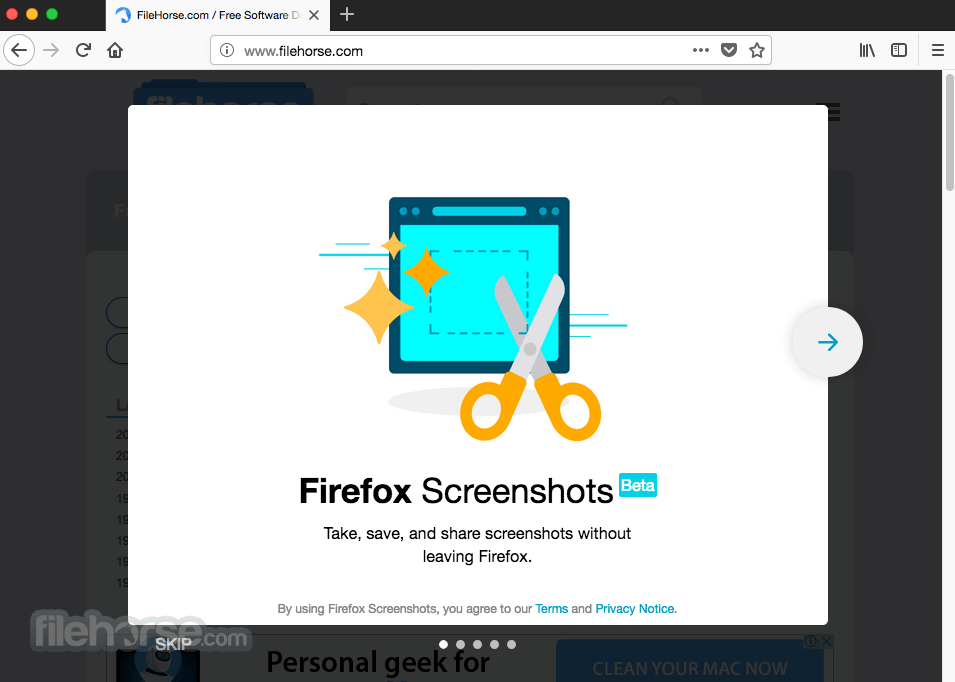
Realize you may be monitored at work: Avoid sending highly personal e-mail to mailing lists, and keep sensitive files on your home computer.Do not reply to spammers, for any reason.Keep a "clean" e-mail address: Use some pseudonymous or simply alternate address, and keep your main or preferred address only on small, members-only lists and with known, trusted individuals.Be conscious of Internet security: Never submit a credit card number or other highly sensitive personal information without first making sure your connection is secure be on the lookout for "spyware" use secure passwords and protect them with a Primary Password.Only download Firefox from the official Mozilla website. Only download Firefox (and other software) from legitimate channels: Beware of scams such as fake Firefox updates.Remember that YOU decide what information about yourself to reveal, when, why, and to whom: Don't give out personally-identifiable information too easily set your privacy settings in your social networking account beware of sites that offer some sort of reward or prize in exchange for your contact information or other personal details.Create secure passwords to keep your identity safe.Here are some handy tips to protect yourself: There are also a lot of Firefox extensions that may be helpful.įollow best practices to protect yourself online.Third-party cookies and Firefox tracking protection.How do I tell if my connection to a website is secure?.

Go to the System menu, down to Administration and select Update Manager.įirefox has many ways to help you stay safe on the web: Go to the Apple menu and select Software Update.

Go to the Start menu, select All Programs and then Windows Update. Update Windows Update OS X Update your system: Make sure you have all of the latest security and stability fixes.
See Update Firefox to the latest release for details. On the menu bar, click the Firefox menu and select About Firefox.


 0 kommentar(er)
0 kommentar(er)
